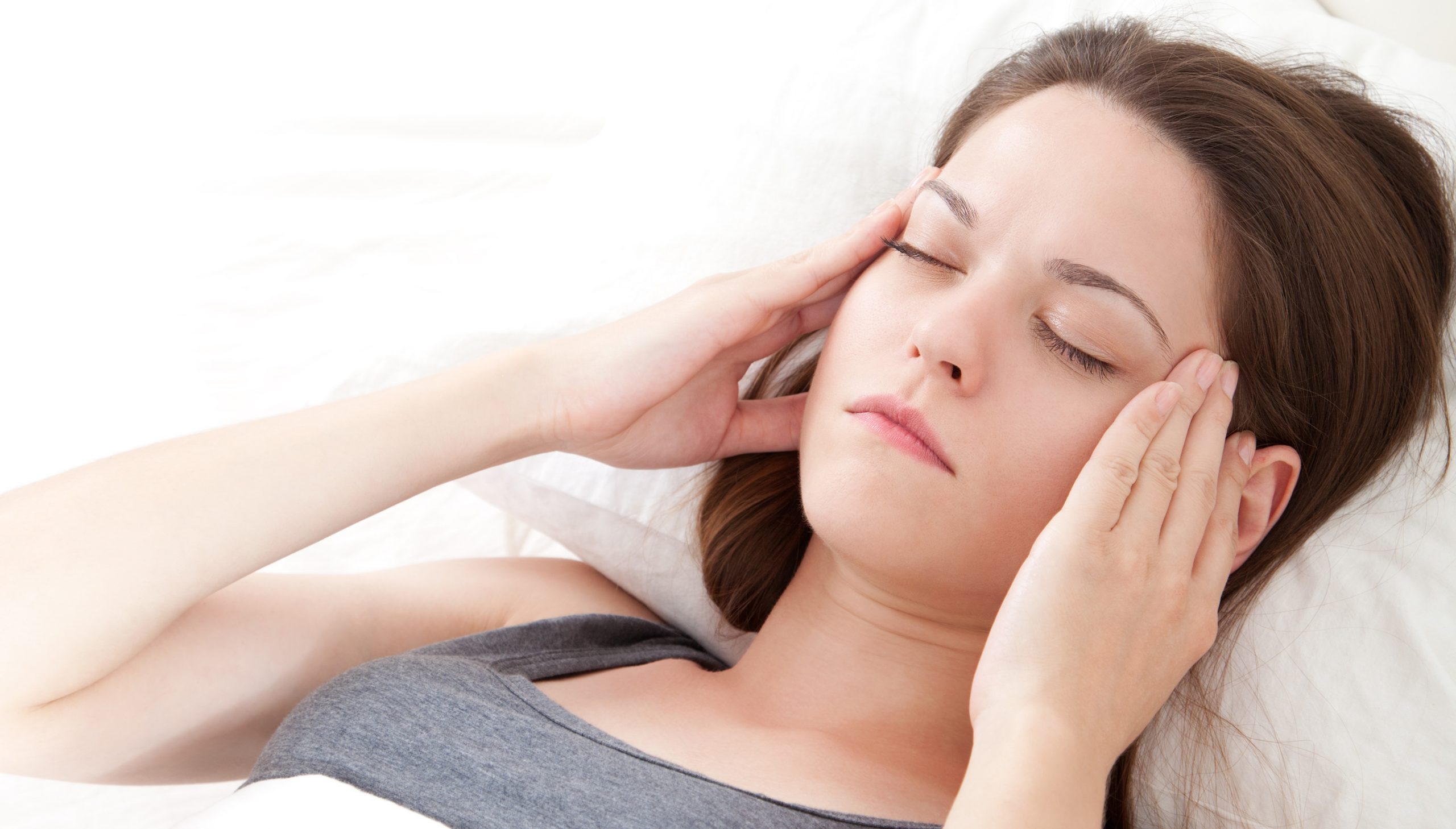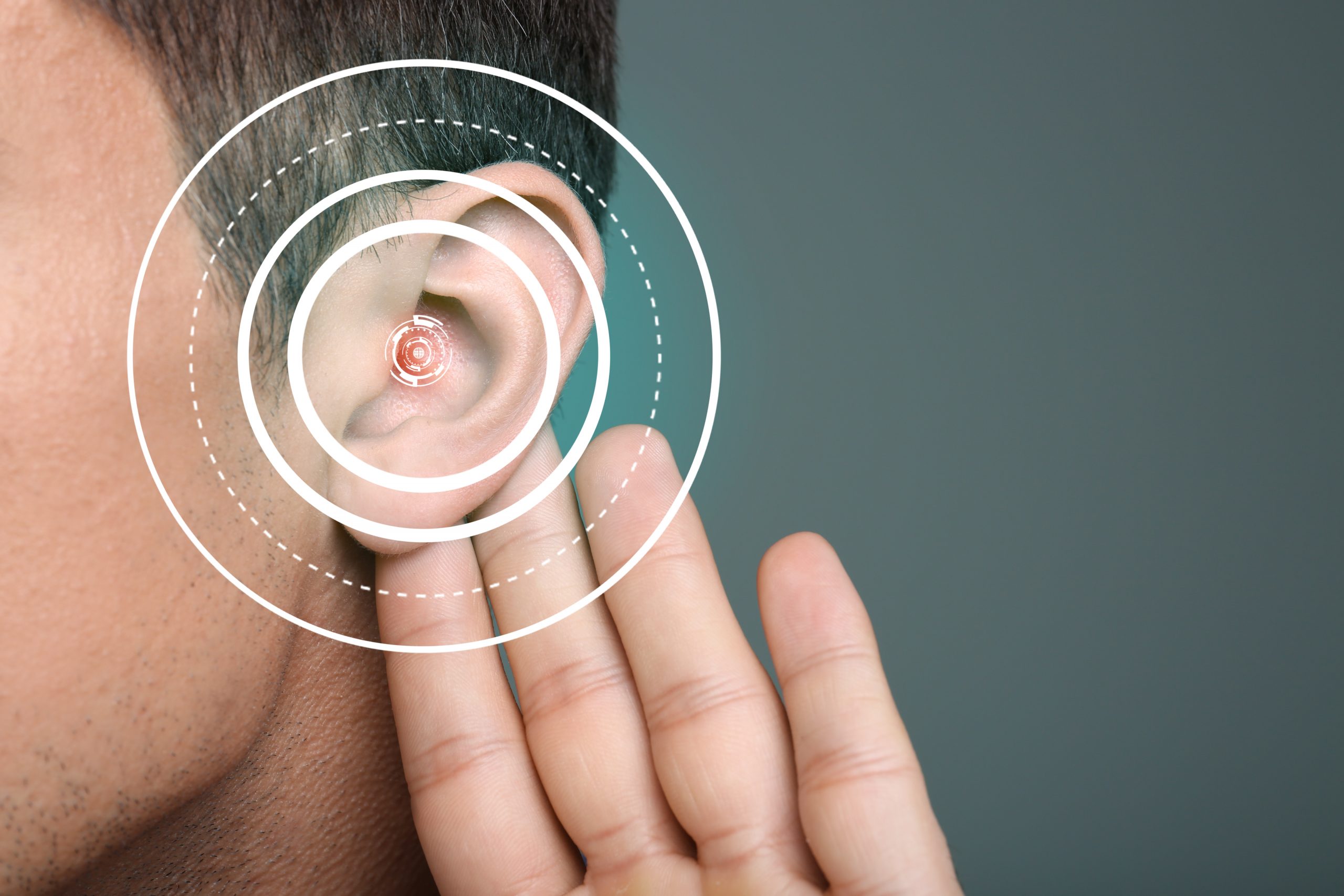|
Sleep and migraines are linked and controlled by the same parts of your brain, so it might be time to look at your sleep quality if you’re experiencing migraines. Migraines, poor sleep quality and sleep deprivation have significant effects on physical health and cognitive function. To manage migraine symptoms and improve your sleep patterns, learn how the two are related.
What are migraines?
Migraines are neurological disorders characterized by the presence of intense or throbbing headaches. The International Headache Society diagnoses migraines by the severity of pain and lasting from four to 72 hours. Affecting approximately 12% of Americans, migraines rank among the world’s most debilitating illnesses. In addition, they are the most prevalent neurological condition, negatively impacting quality of life, social and family life and work abilities.
Migraines often begin with prodrome and aura symptoms, with early signs like mood changes, food cravings and vision impairments. Once the migraine sets in, it becomes progressively more severe and may trigger other symptoms like increased sensory sensitivity, nausea and vomiting. Some people also experience muscle weakness or tingling and numbness in their extremities. They often occur at the beginning of the day.
What causes migraines?
While migraines were thought to have been caused by constricted blood vessels, studies now show that genetics and various other factors cause them. Women are three times more likely to experience migraines than men, and those with a family history of migraines may be more likely to have genetically-caused migraines. Migraines are also often comorbid with medical conditions like mood disorders, epilepsy and sleep disorders. Other causes may include:
- Stress
- Head injuries
- Bright or flashing lights
- Hormonal changes
- Skipped meals
- Insufficient sleep
- Food triggers
- Sudden or extreme weather changes
- Caffeine
- Tobacco
- Medication
Migraines have no cure, but migraine symptoms may be alleviated with medication use and behavioral changes. The U.S. Food and Drug Administration (FDA) currently approves the use of several drugs to relieve migraine symptoms.
 How are migraines and sleep related?
How are migraines and sleep related?
Studies suggest that migraines and sleep have a bidirectional relationship. In other words, poor sleep patterns can cause migraines and vice versa. Sleep and migraines share common anatomical areas of the brain within the brain stem, cortex, hypothalamus and supraoptic nucleus. These anatomical structures regulate neurotransmitters like serotonin, melatonin, orexin and dopamine.
In sleep, these areas regulate the circadian rhythm and control wakefulness levels. For migraines, these structures process, modulate and transmit pain. Research into these mechanisms suggests the bidirectional relationship between sleep and migraines, such as when melatonin levels decrease during the onset of a migraine.
Both migraines and poor sleep have significant associated health risks. Of migraine patients, 30% to 50% experience disturbed sleep. Studies show strong comorbidity between migraine attacks, disturbed sleep and psychiatric conditions like depression and anxiety. Migraine patients are also at higher risk for stroke and heart attack. Other complications include:
- Reduced cognitive function
- Chronic pain-related stress
- Mood disorders
- Obesity
- Increased accident or injury risk
- Diabetes
- Reduced productivity
- Neurological relationship between migraines and sleep disorders
Migraine patients experience various sleep problems and disorders, the most common being insomnia, daytime sleepiness, sleep apnea and parasomnia.
Insomnia, defined as the inability to sleep or total lack of sleep, is more prevalent in patients with migraines than those without them. Among those patients, migraines occur at an increased pain and frequency. Research speculates that since the hypothalamus and brainstem are both involved in sleep-wake physiological and pain modulation, they may be related mechanisms for both migraines and insomnia.
Sleep apnea, which causes breathing problems and sleep disturbances, is shown to cause morning headaches. Migraines, however, occurred at similar rates among sleep apnea patients and the general population. Restless leg syndrome is substantially more common among migraine patients, affecting up to 39% of subjects. Studies suggest that this is due to a shared dysfunction within the hypothalamus and the dopamine system. They theorize that the conditions don’t necessarily affect each other, but have the same neurological root cause.
Parasomnias are broad and undesired sleep abnormalities like sleepwalking or nightmares and are associated with migraines. They may be mutually linked to serotonin dysfunction, which is otherwise responsible for sleep-wake cycles and migraine pathogenesis. Bruxism is associated with joint dysfunction, and both may trigger migraines through nerve activation. Studies also suggest that migraine patients may have increased pain susceptibility.
How do migraines affect sleep patterns?
Migraines and poor sleep have a cyclical relationship. As sleep disturbances increase, risks associated with migraine onset increase. Pain tolerance may lower, increasing migraine severity and preventing sleep onset. Migraines may wake you up consistently and early in the morning.
Since migraine onset is related to sleep-wake patterns, too much sleep can also cause migraines.
Tips for improving migraine symptoms and sleep health
While migraines don’t have a cure, some medications and behavioral changes may improve sleep and migraine symptoms. There is also a new drug free alternative to managing migraines through a wearable device that Cefaly offers. Here are a few ways to improve sleep and manage migraines:
- Go to sleep and wake up at consistent times
- Avoid under-sleeping or oversleeping, aiming for about eight hours
- Avoid stimulants, especially before sleep
- Track migraine symptoms to identify causes and triggers
- Engage in relaxing activities like meditating before bed
If your symptoms persist and negatively impact your quality of life, it might be time to seek a medical opinion. Doctors can diagnose sleep disorders and migraines and provide prescriptive treatments like medications, diet changes and therapy.



